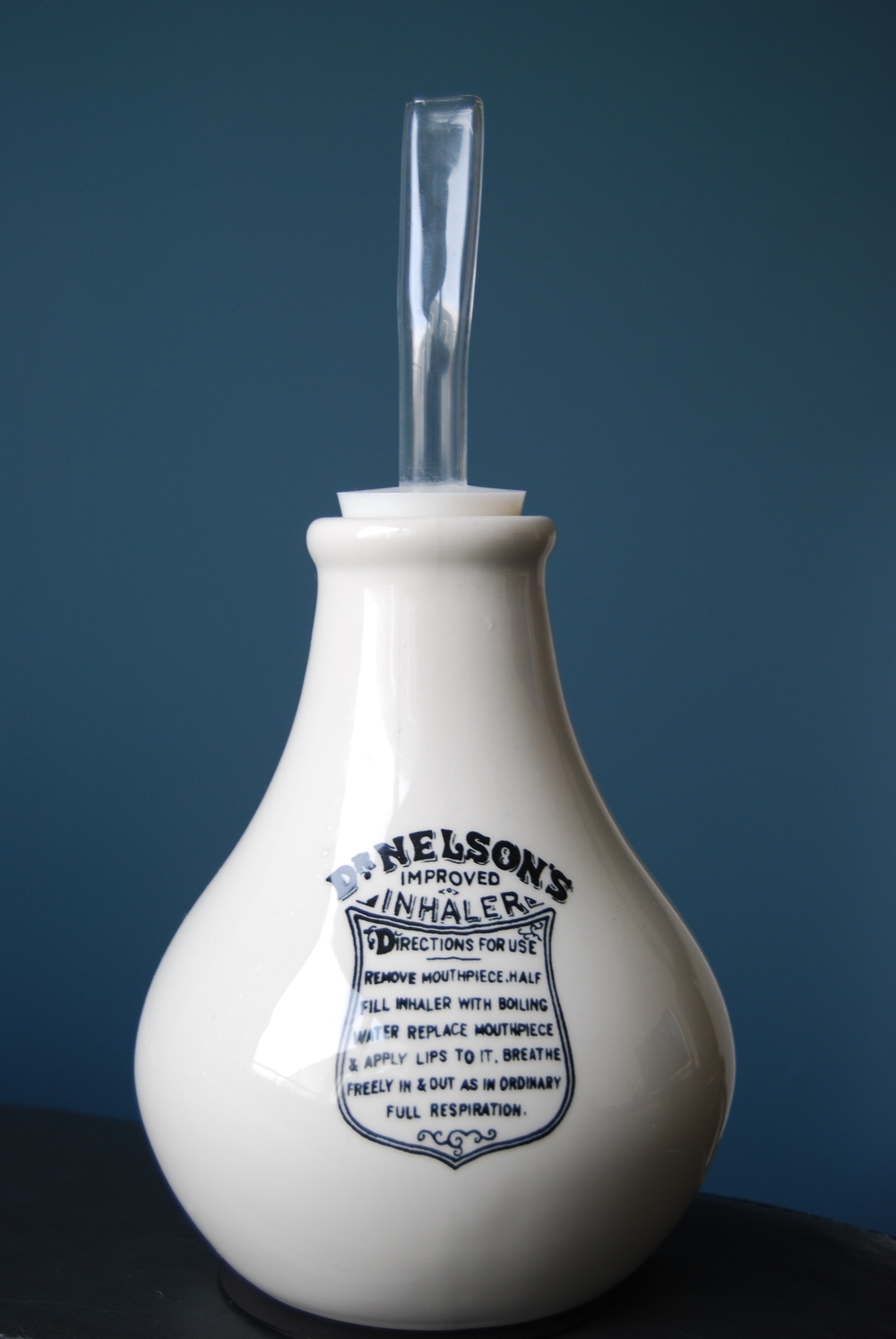Seven Steps to Vocal Health
/One of the most common questions we're asked is how to look after the voice. This is particularly important in winter when there are a plethora of colds to catch, grimy air conditioned public transport to be squished into and concerts to sing in. Here are our tips for top vocal health!

1. Water
The number one asset to vocal health is moisture. The easiest and most effective way of topping up your body’s moisture level? Drinking lots (and lots, and lots) of plain water. Sip water that’s not too hot or cold to hydrate your vocal cords and banish mucus. Want a hydrating snack? Add water through water-rich foods such as apples, pears, grapes and peppers!
2. Steam
A steamer can add essential moisture to your throat. Add hot water to a tea pot and inhale through the spout. Don’t add anything to the mix, as oils can be drying. A hot shower is also good for steaming the voice, so is the perfect time to sing a scale or two!
We love Dr Nelson's Inhalers (below) for a steam moisture boost!

3. Rest
Tiredness is another major enemy of the voice. Get plenty of sleep and take regular 'voice rest naps' throughout the day. Stop singing when the voice feels exhausted, as you’ll do more harm than good if you carry on.
4. Cut loose from vices
Smoking, alcohol and caffeine are all drying, which is incredibly bad news for the voice, so you might want to go easy on your Saturday night plans. Even second-hand smoke can be dangerous so steer clear of the smokers to keep your voice in tip top shape! If you can’t resist a drink, make sure you match every glass of alcohol with at least one of water.
5. Be careful of loud places
Ever find yourself roaring over music at a party or gig? Shouting can cause permanent damage, so keep talking to a minimum and dance instead! Sounding hoarse? Have a vocal nap and nod and smile for the rest of the night; you'll be glad you did in the morning.
6. Warm Up

One of the biggest causes of vocal damage is singing badly without a thorough warm up. Keep your muscles relaxed when you’re singing and don’t tilt your head up or down when you sing. Lip and tongue trills, humming and scales will warm you up in the morning and before any singing practice.
7. Relax the body
Tension in the body, particularly the neck, shoulders and jaw can negatively impact on your voice, leaving you unable to create a good sound. Tension soon leads to vocal strain, so get regular massages and remember to warm up your body before singing. Flopping over then rolling slowly up the spine is a great way to realign everything and can release tension in the upper body and knees.
We hope those tips will help to keep your voice safe, healthy and sounding lovely all through the year!


